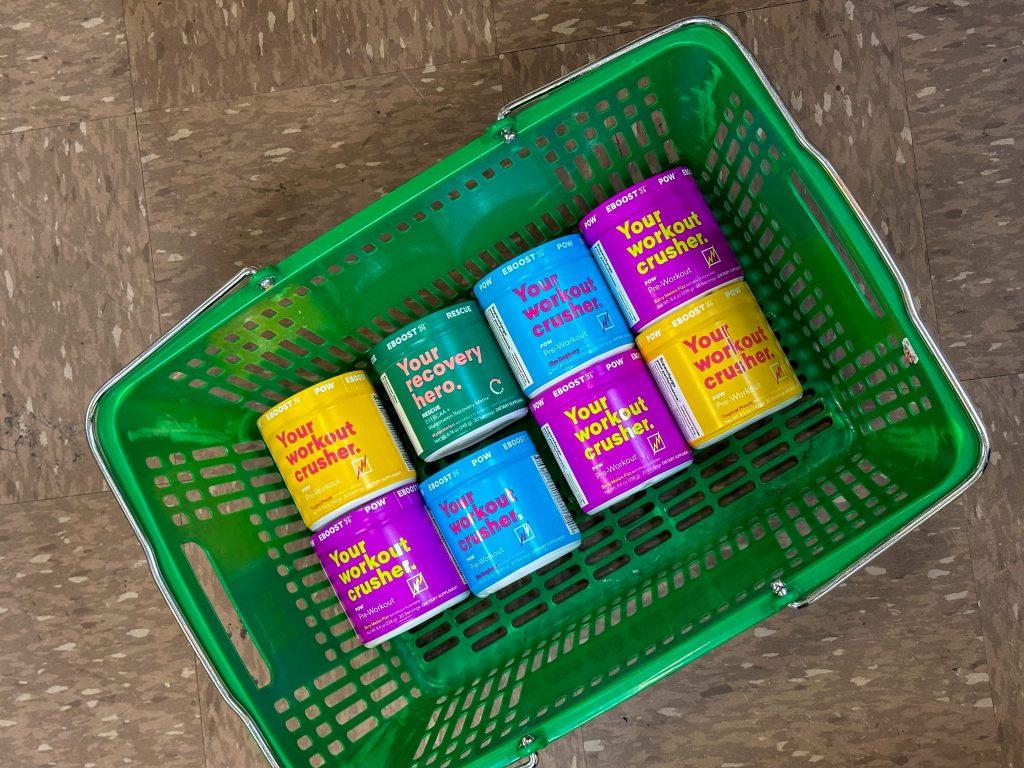Salt has a bad reputation. Somewhere down the line, we were told that salt is a bad thing. Sure, too much of anything is a bad thing but salt according to studies isn’t really something we should say no to. Skipping adding salt to your food can do more harm than good, and not to mention leave your food tasting a little blah sometimes. So why do we suggest “you don’t skip the salt” and how much should you be consuming? Well, we are here to share those very answers with you.

Salt aka Sodium and Why it is Good for You
Salt aka Sodium is a critical mineral for the human body. It is essential for a number of functions like electrolyte balance, nutrient absorption, and kidney function. Salt is not the bad guy. It can become the bad guy when the relationship and balance of salt and potassium become out of whack. (You know, science terms here.)
It is important to keep the sodium in a good balance with its very good friend potassium. Too little potassium in your diet and too much sodium can raise your blood pressure. This is why it is common for those with high blood pressure are told to watch their sodium intake. But on the other hand, if you lose sodium in your body, your body will excrete potassium to try to meet the new, lower balance. It is when one is trying to make up for the off-balance of the other is when things can go terribly wrong in the body. If you don’t have enough potassium then you can have muscle weakness and high blood sugar. But then if the balance has too much potassium, then you are at risk for heart failure.
Sodium is necessary to keep things in balance. You should not try to avoid it.
Where sodium can be avoided is in processed foods. But here the processed foods should be avoided altogether. If you are just dealing with sea salt and adding salt to the whole foods you are cooking or before consuming it, then it is not an issue.
This is How Much Salt You Should Consume
Nutritionists that see salt this way recommend consuming at least 5 grams of sodium per day. And just so you are aware, the daily recommendations from the FDA are 2.3 grams per day. Studies have shown that when people eat 5g of sodium a day or even more blood sugar normalizes further, sleep improves, and appetite improves. Now, of course, if you have some medical things going on and your doctor recommends not consuming that much then it is worth talking to your doctor about this research and see if they have read anything about this and whether it might be worth testing for yourself.
Don’t skip the salt.
Remember, balance is key. Especially the balance with sodium and potassium. Too much sodium or too little sodium can both be fatal paths.





